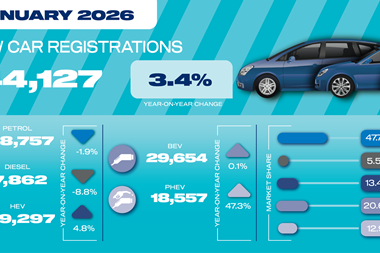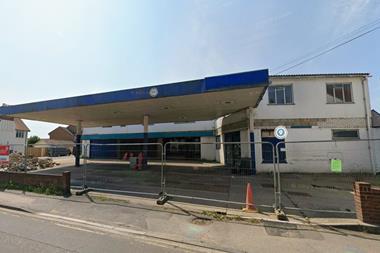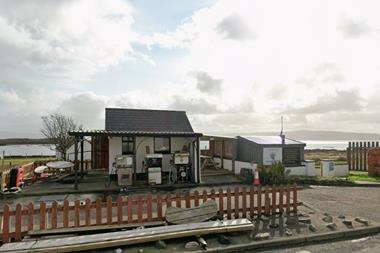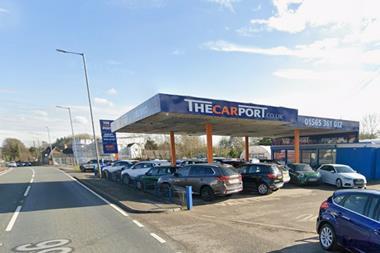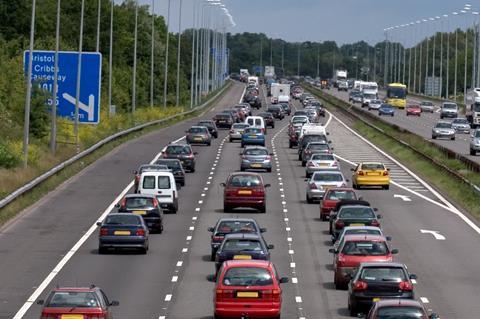
A new task force to help drive the UK’s transport decarbonisation transition through its “crucial delivery stage” has been unveiled.
The Council for Net Zero Transport, chaired by former Environment Secretary John Gummer, now Lord Deben, promises that it will not be “another talking shop” but will strive to “translate policy into action”.
The council, announced on 1 February, is an intiative by Zemo Partnership, a public-private partnership that aims to accelerate the shift to low carbon fuels and zero emission vehicles.
It says it will engage with senior figures from government, industry, and the environment and academic sectors, to “forge a clear, strategic direction for road transport decarbonisation”.
Lord Deben maintains that tackling climate change is the greatest challenge for this generation. “With transport responsible for over a quarter of the UK’s greenhouse gas emissions, if we’re going to solve this problem we have to effectively decarbonise transport. We must do this for our environment, and we will reap rewards both politically and economically from doing so,” he says.
Zemo’s new executive director Claire Haigh warns that the challenge of climate change is too important to become a pre-election political football. “This is too vital a task for us to be distracted by over-simplifications and the short-term vagaries of our political system,” she says.
“We have some world leading targets, but we’re at a key moment in the transition and what we need now is a laser-like focus on delivery. To achieve this, we’ll need the full participation of government - nationally and locally, to the level of each town and parish council - as well as industry, consumers and operators.”
Zemo Partnership has also launched what it calls a “trailblazer” 15-month project to input into the Welsh government’s freight strategy. The programme runs until March next year, covering all commercial vehicles, with a focus on sustainable fuels, electrification and the potential use of hydrogen. The organisation hopes that this work will be replicated in other parts of the UK.



























